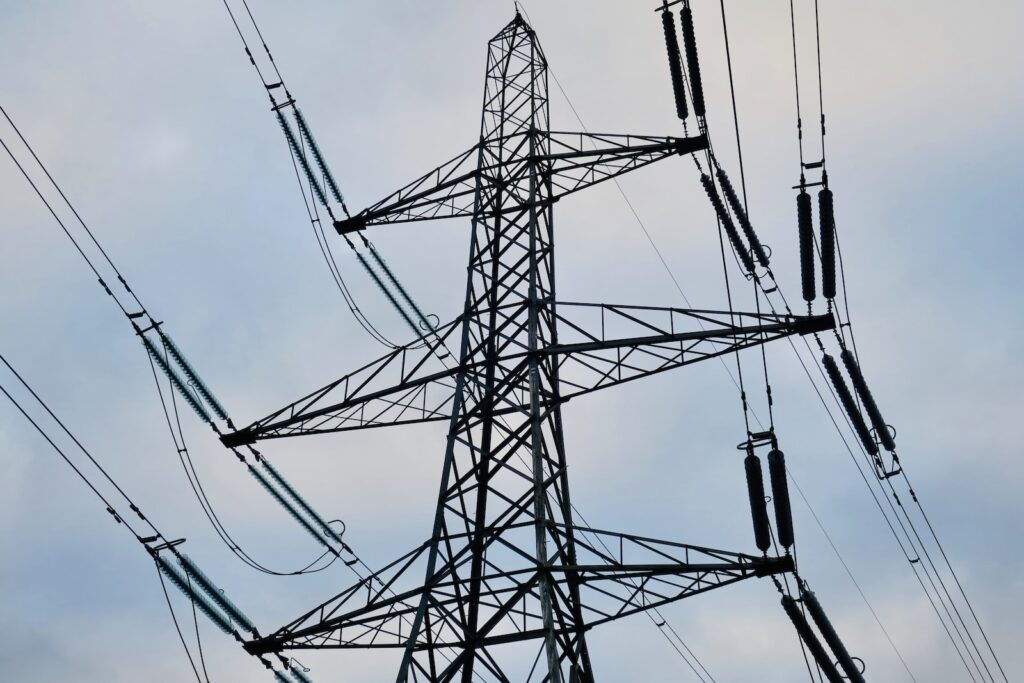Is the UK facing a renewable energy crisis?
A leading chartered surveyor has called for a national plan to tackle the ‘crisis’.
Just as news began to break that wholesale electricity and gas costs have dropped to a level that makes it possible for the UK’s price cap to be lowered, research by the BBC has revealed a long list of major clean power schemes have stalled.
Overall, more than 1,000 renewable energy projects are on hold because of widespread issues plugging them into the National Grid. In total, 40% of the delays are expected to last ‘at least a year’, according to a spokesperson from the network. The situation has been described as the most serious to face Britain’s power supply since 1935, when the Grid was set up, and poses a threat to the country’s overarching goal of reaching 100% green electricity by 2035.
“The main issue is that there is no current strategic overview of capacity. Network Operators are responding to individual connection requests, rather than a defined national connection plan, which would allow companies to build future growth in capacity, without a specific project to deliver that capacity,’ said Nigel Billingsley, Partner and Head of National Utilities and Infrastructure Team North at national charter surveyor, Bruton Knowles.
‘Labour has indicated it has a plan for a Great British Energy company, similar to when the National Grid built much of the country’s existing electricity transmission infrastructure during the 1950s and 60s,’ he continued. ‘“We need to take a step back and look at the wider picture of what is going on. These projects take years to get from start to finish at the moment, and at current pace the 2035 target will not be met.’
A key issue lies in skills shortage, with a reduction in the size of the sector’s workforce a defining trend over several decades, pointing to failings on the part of successive governments to ensure Britain’s infrastructure was genuinely future proof. Missed deadlines at the grid connection end can also have significant ripple effects on other green projects, both in the public and private sector.
“Clients are finding they are not able to fully maximise and develop their sites due to these limitations of the current connection capacity. This has led to a race to get capacity from competing sites, which is unlikely to enable to full development of the UK’s capacity for this renewable generation,’ Billingsley added. ‘Changes in legislation may assist with progressing connection projects but we will need to maintain a balance between stakeholders, landowners and developers. This inevitably results in a time delay for projects, and there are ultimately limited resources to deliver such projects, which in turn contributes to delivery delays.’
More on UK energy:
https://environmentjournal.online/energy/uk-faces-energy-retrofit-crisis-in-non-domestic-building-stock/
https://environmentjournal.online/headlines/better-days-why-levelling-up-means-net-zero/
https://environmentjournal.online/headlines/europes-largest-renewable-power-generator-moves-into-liverpool/
https://environmentjournal.online/energy/uk-green-energy-leader-secures-36m-funding/
https://environmentjournal.online/net-zero/worlds-largest-windfarm-goes-online-in-uk-waters/

















